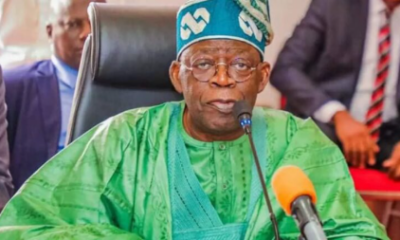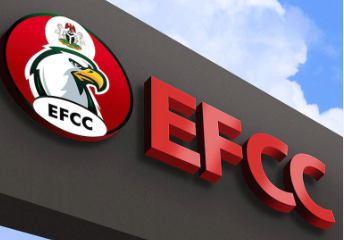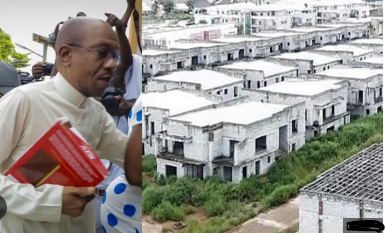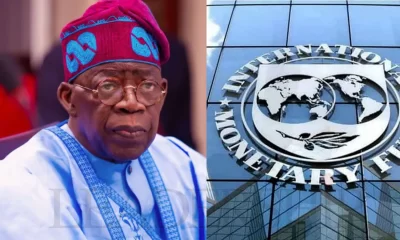By Chioma Obinagwam
The naira (Nigeria’s currency) may fall to as low as N300 in the parallel market, the Acting President, Association of Bureau De Change Operators, Alhaji Aminu Gwadabe disclosed.
“There’s a likelihood that it would crumble to N300 to a dollar. You can only control the currency if you have effective control of the imports in the country but the reverse is the case because we are a chronic import dependent economy,” he said.
“I also think that the problem of the weakening naira has to do with unavailability. The amount that the Central Bank of Nigeria (CBN) makes available to Bureau De Change operators(BDCs) has reduced from $60,000 to $30,000 down to $10,000, ” he added.
Speaking during a telephone interview with National Daily, he cited reasons for the weakening naira to include unavailability, panic from the recent Bank Verification Number(BVN) exercise as well as stringent regulation on the naira.
Other challenges to the rebound of the currency, he posited, are the porous borders and airports, chronic dependence on imported goods, fall in the prices of oil, among other challenges.
As at the time of filing in the report, dollar was sold for as high as N278 at the parallel market(black market).
However, the interbank rate remained unchanged at N199.41.
Reacting, he said:”When you put a lot of stringent regulation on naira that you don’t really have control on, it will definitely crumble.”
Notwithstanding the weakening currency, Gwadabe said that the current value of the naira is not its true value because the current value is spurred by fear and panic.
Although he was indifferent about the impact of the recent visit of the Managing Director of the International Monetary Fund(IMF), Christine Lagarde’s visit to Nigeria on the naira, he stated that her call for the flexibility of the naira may yield positive results in the medium to long term.
The BDC boss also disclosed that some bank’s are already reacting positively to Lagarde’s pronouncement and a beginning lower restrictions on Automated Teller Machine(ATM) usage with regards to Forex.
He is also optimistic that if the government keeps up with it’s policy of blocking leakages, Diversifying the economy and investing in infrastructure the value of the naira would look-up.
“The government is encouraging a lot of small and medium scale industries and they are putting a lot of attention on power and by the time this begins to yield fruit, the current value of the naira will rebound,” he stated.
Alhaji Gwadabe, however, called on the CBN to do engage in more in enlightening the public whenever new policies are rolled out.
“My advice to the CBN is that they should do a lot of sensitisation on any new policy there are rolling. They should give enough time for the gestation period and the deadline,” he advised.
On his part, the President of the National Council of the Nigerian Stock Exchange(NSE), Aigboje Aig-Imoukhuede said that the cost of pegging the naira at certain rate is not helping the economy.
“The cost of trying to put your exchange rate at a particular level might out-weigh the benefits, especially in a country that is highly dependent on a single commodity-oil,” he said.
“By controlling the demand side of Forex you might be crippling the economy,” he continued.
Reacting, the National President of Constance Shareholders’ Association of Nigeria, Shehu Mikail noted that most of the industries in the country are dependent on Forex, which has aggravated the scarcity.
Nevertheless, he does not agree to further devaluation of the naira as a substitute to the rationing of the Forex.
“I’m not in support of devaluation of the currency. The naira has already been devalued. How much more do they want the currency to be devalued,” he argued.
Lately, the CBN had rolled out a number policies aimed at strengthening the naira, in the face of the nation’s haemorrhaging external reserves which had dropped to as low as $28.96 billion as at January 5, 2016 compared to $34.52 billion recorded in December, 2014.
Consequently, this has had adverse effects on the economy, meting untold hardship on the people.

 Health5 days ago
Health5 days ago
 Entertainment7 days ago
Entertainment7 days ago
 Education7 days ago
Education7 days ago
 Crime5 days ago
Crime5 days ago
 Health7 days ago
Health7 days ago
 Comments and Issues6 days ago
Comments and Issues6 days ago
 Football6 days ago
Football6 days ago
 Latest6 days ago
Latest6 days ago













